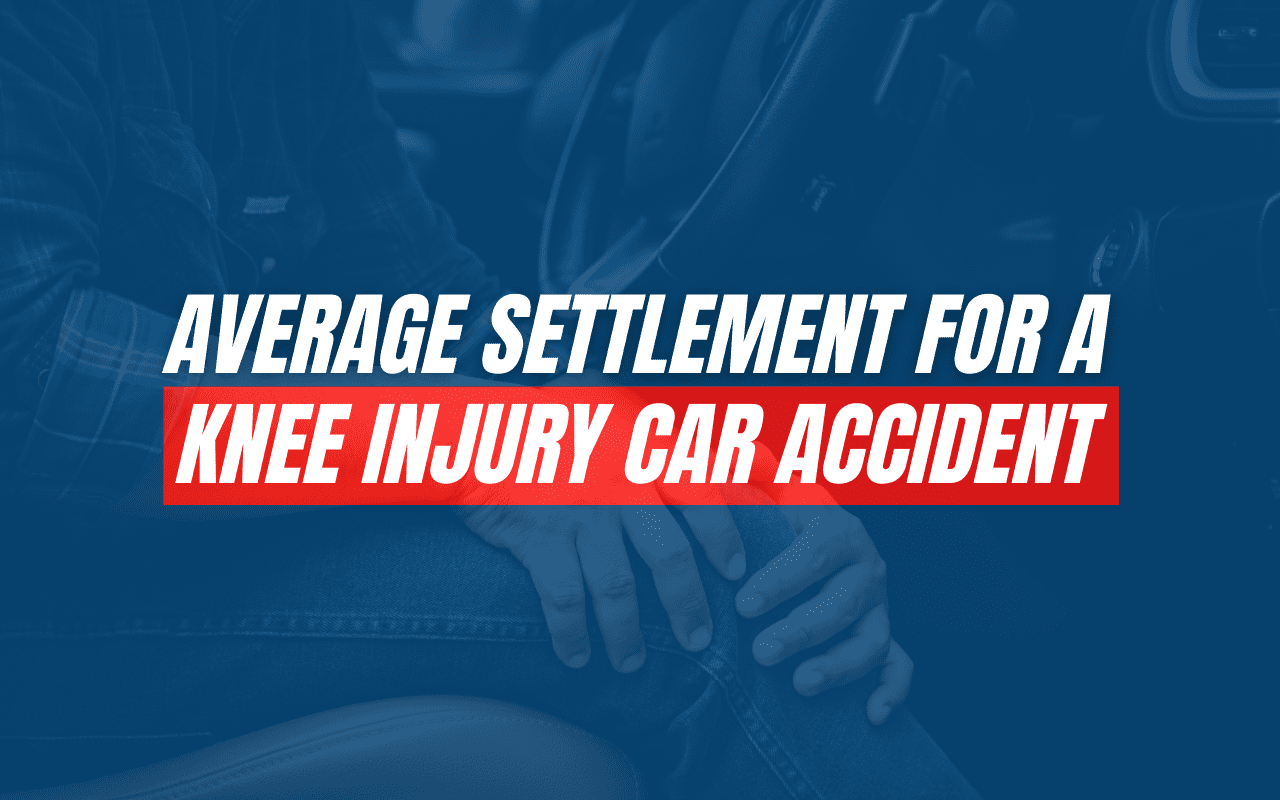
Compensatory Damages vs Punitive Damages
Compensatory Damages vs Punitive Damages: What’s The Difference?
When an individual is injured due to the negligence of another, they are often entitled to compensation for their losses. Although it might be difficult to comprehend the various distinctions between damages that can be awarded in a personal injury case, there are primarily two types: compensatory and punitive. To help you gain better insight into these categories, below is more information about them and when each may be granted.
What Are Punitive Damages?
Referred to as “exemplary damages,” punitive damages are assessed during the legal process in order to reprimand a defendant, commonly a corporation or other large entity. These consequences may be imposed in cases of medical malpractice or product liability; for instance, if it is demonstrated that an organization was irresponsible while selling hazardous goods with the sole intention of obtaining a financial gain, they could be ordered to pay these penalties.
Punitive damages can be ordered if someone else is injured due to negligent behavior. For instance, a person may have to pay punitive damages for reckless driving or violating anti-discrimination employment laws in Florida. Such activities are deliberate choices that would possibly hurt other people and should thus be avoided at all costs.
Punitive damages are often awarded to set a precedent and discourage similar behavior by future wrongdoers. The goal of these damages is not necessary to compensate the plaintiff, but rather punish the offender who must pay an amount designated by the court. Regardless, it is still beneficial for plaintiffs as they will gain financial compensation in addition to justice served.
What Are Compensatory Damages?
Compensatory damages are created to recompense plaintiffs for the real losses they have experienced. This form of the award can be used to refund them for medical treatments, payments for doctor’s visits, or any future expenses that may arise from an injury sustained as a result of another person or entity’s negligence. These awards are usually known as “actual damages.” When a court orders compensatory damages to be paid out to a plaintiff there are typically two different categories that could potentially fall into:
Special Damages:
An individual who has experienced loss due to an injury caused by a negligent incident can be awarded monetary compensation for their tangible expenses. These awards, which are calculated based on costs such as medical bills, lost wages, and property damages incurred from the event, provide financial relief that is well-deserved. The amount of restitution given to the victim is backed up with physical evidence and straightforwardly known since these losses can be validated through records or documentation.
General Damages:
Estimating damages in these circumstances can be a difficult task since they are often subjective. In personal injury cases, the immediate losses may be evident but long-term effects remain unseen. These could include emotional duress and suffering along with PTSD, disfigurement, or decreased life expectancy- all requiring extensive medical care that does not become visible until much later (e.g., concussions or traumatic brain injuries). Defamation is one of many injuries that can be eligible for general damages. Additionally, if a person has difficulty forming relationships due to their injury, the legal term “loss of consortium” applies. Both are commonly recognized grounds for filing a claim and receiving compensation in court.
Frequently Asked Questions
Are Compensatory Damages Taxable?
Generally speaking, economic compensatory damages such as medical costs and property damage are generally not taxable. However, non-economic compensation for pain and suffering is often subject to taxation.
When negotiating a settlement, it is essential to consider how you label and structure the injury payment in order to determine whether compensatory damages are taxable or not. While taxes may seem like an afterthought, they can have a considerable impact on your overall payout so be sure to factor them into your negotiations. Depending on what the compensation covers, some of these awards could be subject to taxation even if other portions remain untaxed.
Can You Get Punitive Damages Without Compensatory Damages?
Florida law 768.73 explicitly states that it is impossible to obtain punitive damages without also obtaining compensatory damages. In order for a plaintiff to claim punitive compensation, they must first demonstrate some sort of personal injury inflicted by the defendant. Punitive damage awards are used as punishment towards wrongdoers; however, before this can be done there must already exist evidence of original harm caused to the victim. Therefore, one cannot receive punitive compensation without proving compensatory losses have been incurred beforehand.
Contact Florida Legal Today If You’ve Been Injured
If you or someone close to you has been harmed in Florida due to another person’s neglect, don’t wait. It is essential that you take action immediately and contact a Miami personal injury attorney. Though the state of Florida permits three years for filing a lawsuit, it is best if one begins working towards legal proceedings right away as evidence can be lost or destroyed over time which may affect your case negatively. Taking early action, not only will provide more strong support for your claim but also give your personal injury lawyer ample amount of time to work on building up an effective argument in court.
For years, the highly experienced and compassionate team at Florida Legal has been championing personal injury victims. Our lawyers are proficient in Florida State Law and will skillfully construct your case to guarantee you get the justice that is owed to you. We ardently believe in preserving victim rights and advocate vigorously for them through every step of your situation. Contact our office today for a free consultation and to learn more about how we can help.



